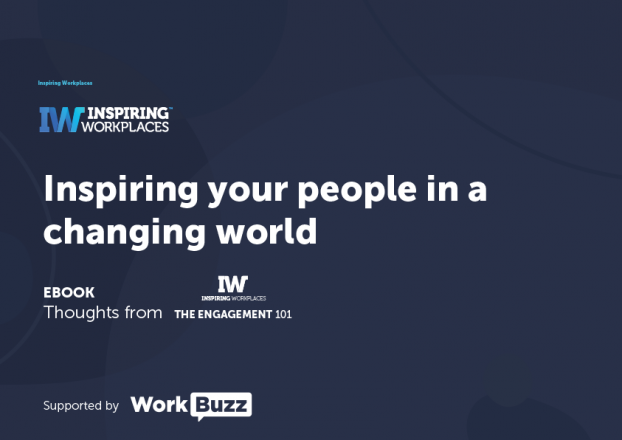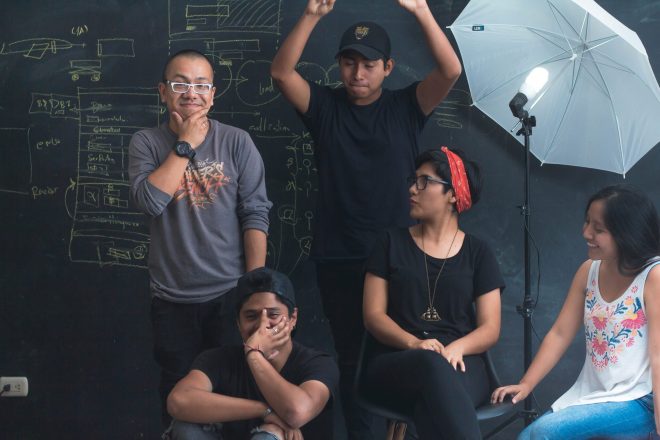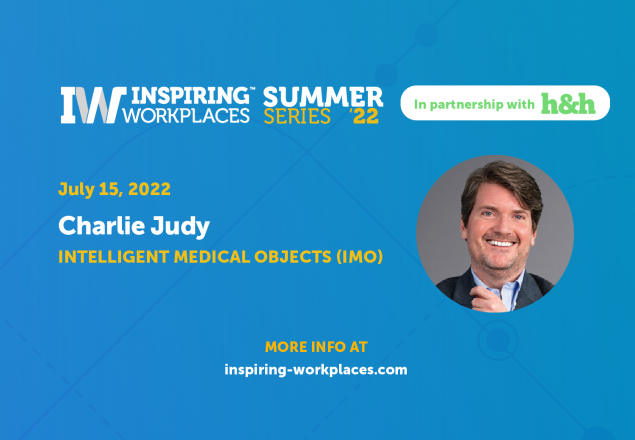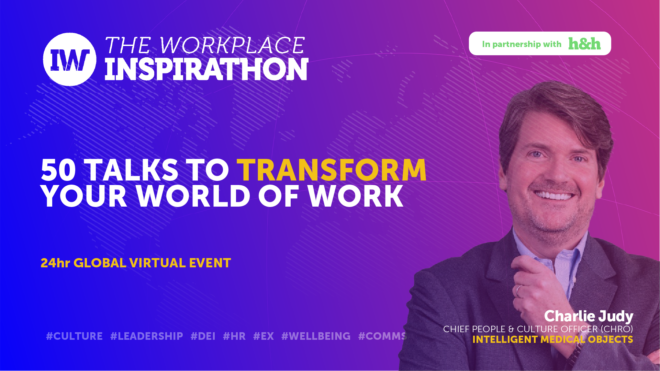To continue reading this article in full click here: 4 Endangered Skills And How To Build Them In Your Workplace

08th January 2025
Preserving Essential Human Skills in the Workplace

Ann Kowal Smith explores the erosion of critical human skills—active listening, focus, resilience, and perspective-taking—in the modern workplace. Influenced by Johann Hari’s insights on attention, she highlights the urgent need for organizations to foster these skills, as they underpin collaboration, creativity, and adaptability in an increasingly automated and fast-paced world.
This article was written by Ann Kowal Smith and published Forbes.
The Great Pyramid of Khufu in Giza was built 4,600 years ago and we still don’t know quite how. While biblical stories and Hollywood lore have advanced the image of a cruel overseer with millions of slaves, recent discoveries reveal a different reality. Rotating teams of skilled artisans corralled over six million tons of stone to bury the king and his belongings in a perfect pyramid, using only rudimentary tools. And while there were surely slaves, they were part of a complex, hierarchical project management feat involving all kinds of workers and sophisticated skills. Unfortunately all this ancient know-how is lost to history and we will never know exactly how these wondrous structures were built.
The pyramids are a timeless reminder of the fragility of human skills. What we don’t use, we lose. In this moment of great inflection, including a restructured workplace, the rise of AI and rapidly changing cultural, social and technological trends, our most critical skills–our most human skills–are endangered. What’s more, we’re in an overwhelming hurry. A recent study cites lack of time as the number one barrier to workplace skill building, even though 78% of organizations surveyed have altered job descriptions or lowered hiring standards due to a lack of necessary skills. Have leaders really come to such a circular impasse: neither having the skills they need nor the time to build them?
Employees certainly want the skills they need to be successful. PWC’s 2024 hopes and fears survey found that 67% of workers would change jobs for the opportunity to learn new skills. And 70% of leaders say their businesses are suffering financially because their workforces are not equipped with the right skills. And it’s more than just technical skills; 9 of the top 10 skills in the World Economic Forum’s Future of Jobs report are essential reasoning and critical thinking skills (the so-called soft skills), including creative thinking, curiosity, empathy and active listening. None of these skills can be outsourced to technology. They’re also tougher to quantify and more challenging to teach.
We sit at a critical crossroads. We would never expect a team of firefighters to battle a blaze with broken or outdated equipment. If you fail to invest in these essential workplace skills for yourself and your team, you simply won’t have the critical tools required to face the future. Here are four endangered skills that need our urgent and continued attention.
Active Listening
As people take sides in a polarized world, listening takes a hit. In one global study, 86% of employees reported that people in their organizations are not heard fairly or equally, leaving many, especially lower level and younger workers, feeling underrepresented and undervalued. But listening is far more than just hearing what people have to say. It’s an active skill that involves not only receiving information but understanding, evaluating and responding appropriately. Active listening isn’t individual, it’s interactive. The most effective listening happens in conversation, where give and take helps you probe and learn. To practice the skills of good listening, engage someone on a topic of genuine interest. Listen for viewpoints that differ from yours and challenge your own beliefs and assumptions. Play back what you’ve heard to validate what you’ve learned. Good listening isn’t a personality trait, it’s a carefully honed behavior that you can learn to do well.
Attention and Focus
In his provocative book, Stolen Focus: Why You Can’t Pay Attention–And How to Think Deeply Again, journalist Johann Hari asserts that our ability to focus has not only atrophied, but has been deliberately stolen. The very technology designed to help us to be more connected, productive and informed has hijacked our brains, leaving us always searching for the next shiny thing. A culture shaped by the expectation of a speedy response and instant gratification leaves us with less time for meaningful reflection and deep work. It may be cold comfort but if you struggle to focus, it’s not your fault.
The cognitive capacity of the brain has not changed significantly since we emerged as a species 40,000 years ago. Yet the amount of information we consume has exploded. Scientists estimate that the average person encounters 74 GB of information everyday from TVs, computers, cell phones, tablets, signs, billboards and more. This would have been a lifetime of knowledge for an educated person 500 years ago. With all this data coming at us every day, it’s no wonder it’s impossible to pay attention to just one thing. What’s more, we are sleep deprived and burned out. Our coping mechanisms are frayed and the temptations are just too strong. The mere presence of your phone in your pocket reduces your attention and erodes the quality of your output. To regain your power, start small. Focus exclusively on one thing for short periods, extending the time as distraction free work gets easier. Take a social media hiatus. And above all, be gentle with yourself. Failure to focus is a societal issue, not only an individual one; you are not alone in this.






